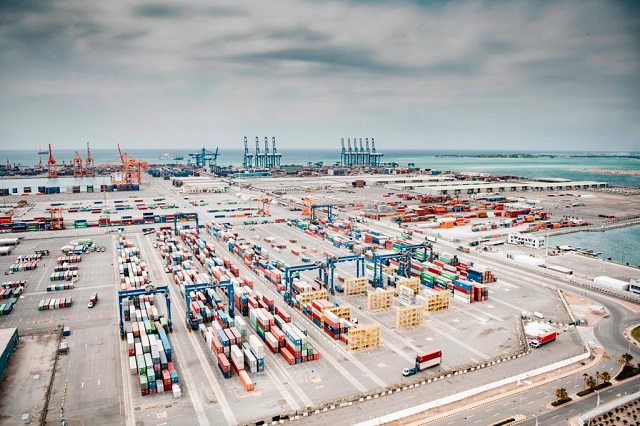The implementation of the benchmark value system at Ghana’s ports greatly impacted shipper compliance to the laid down Customs valuation procedures and duty payments, according to the Association of Customs House Agents Ghana (ACHAG).
Its president, Yaw Kyei, shared on the GPHA’s Eye on Port Program that the regime prompted legitimate clearing at the ports with noticeable drops in smuggling and under-invoicing.
“A lot of people [even] reported vehicles they brought in illegally to try to pay,” he cited.
He indicated that importers were unhappy with the ‘blanket’ withdrawal of the policy which saw them hurriedly clearing their goods before the cessation of what was more like a relief package, with the dollar at a record high.
Mr. Kyei preferred to see benchmark discounts applied on only a selected group of products government hopes to encourage their importation.
“We thought it would have been selected items but we realised that the 30percent was applied on ammunitions, cigarettes, tooth pick, cotton bud, hair products, as other items we have competitive advantage in as a country.”

However, it appears that despite improving tax compliance at the ports, the policy failed to make any significant impact on the prices of goods generally in the country.
This was confirmed by a Supervisor at the Vehicle Valuation Unit at the Customs Technical Services Bureau (CTSB), Justice Yadjayime, on the same program.
According to him, although the reversal was in line with government’s economic policy to improve revenue collection in the year 2023, it made minimal impact on the prices of goods.
“This decision [reversal of the policy] also came as a result of findings indicating that though discounts were applied on duties, this did not have a positive effect on the prices of goods on the market,” he stressed.
The Customs official also hinted that “government also has some commitment to those who are assembling vehicles that some of these things are done so that the market will be fair”.
